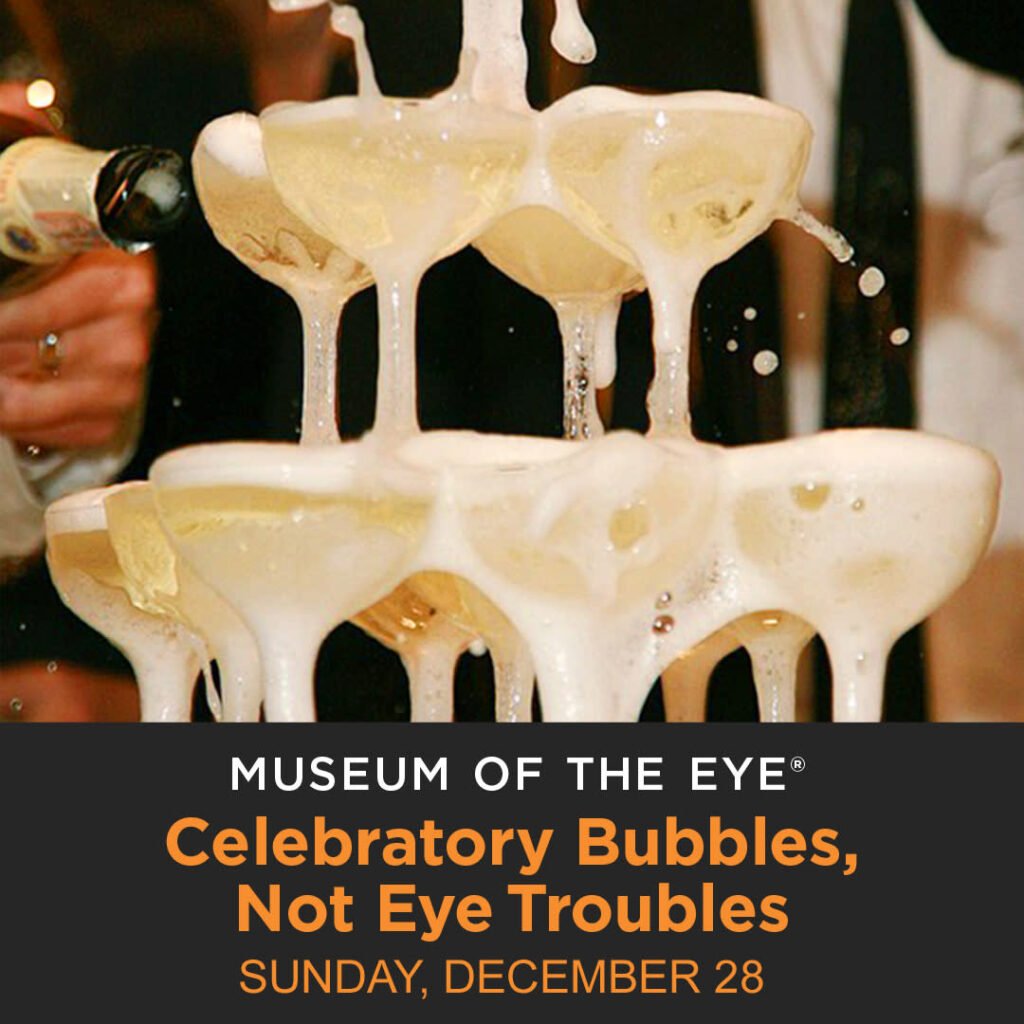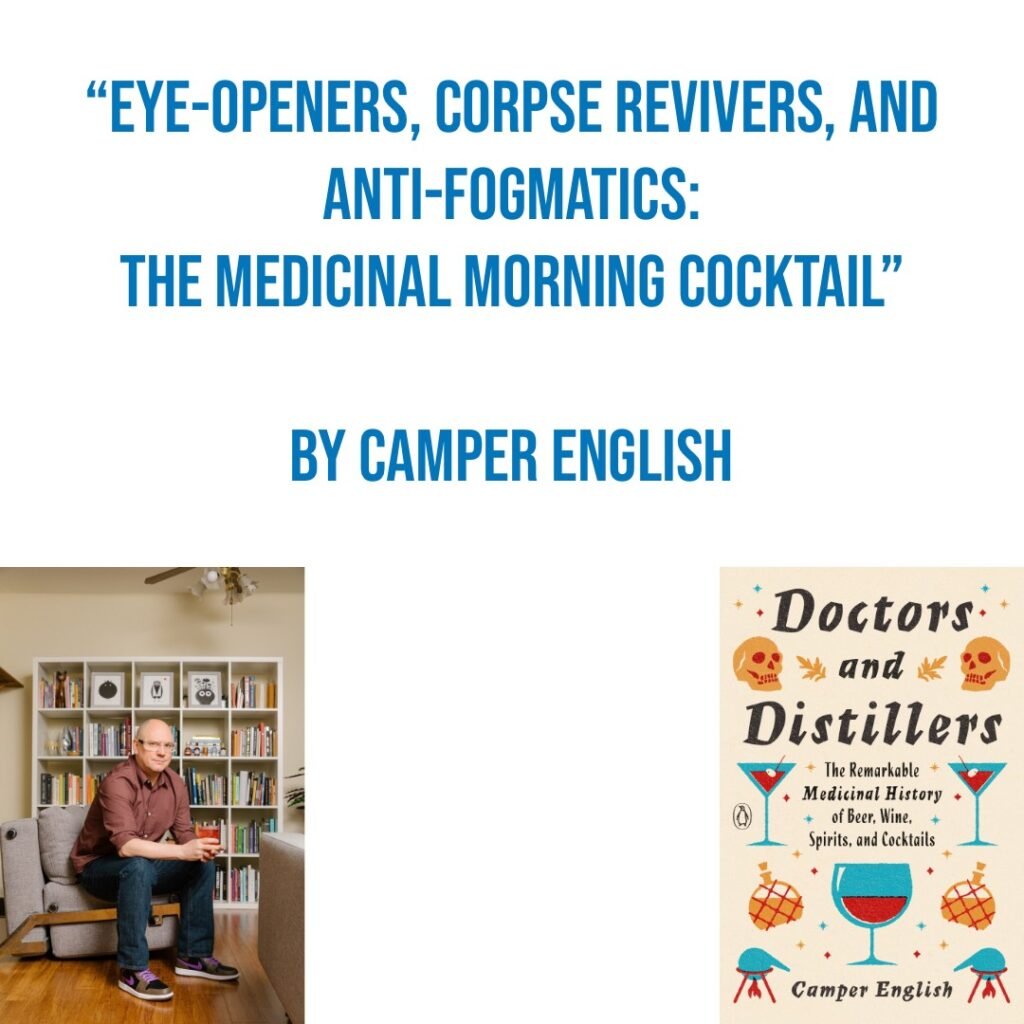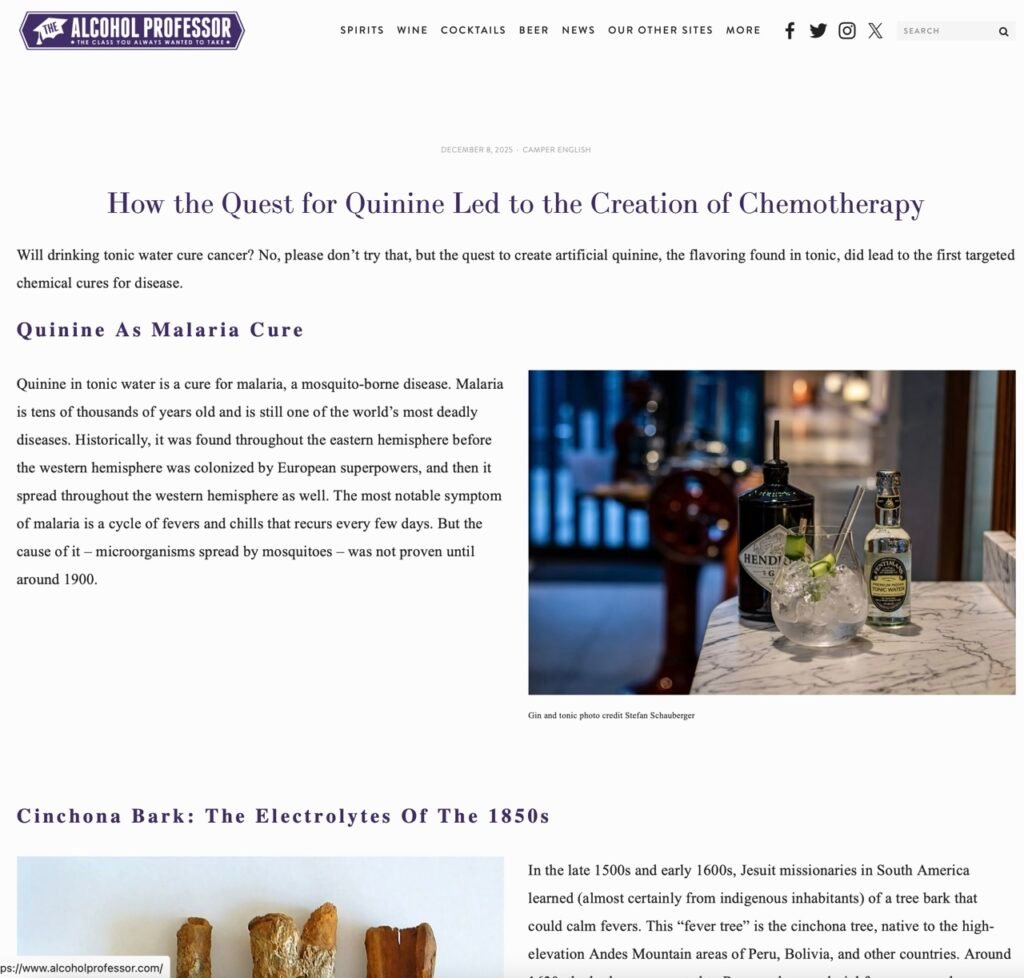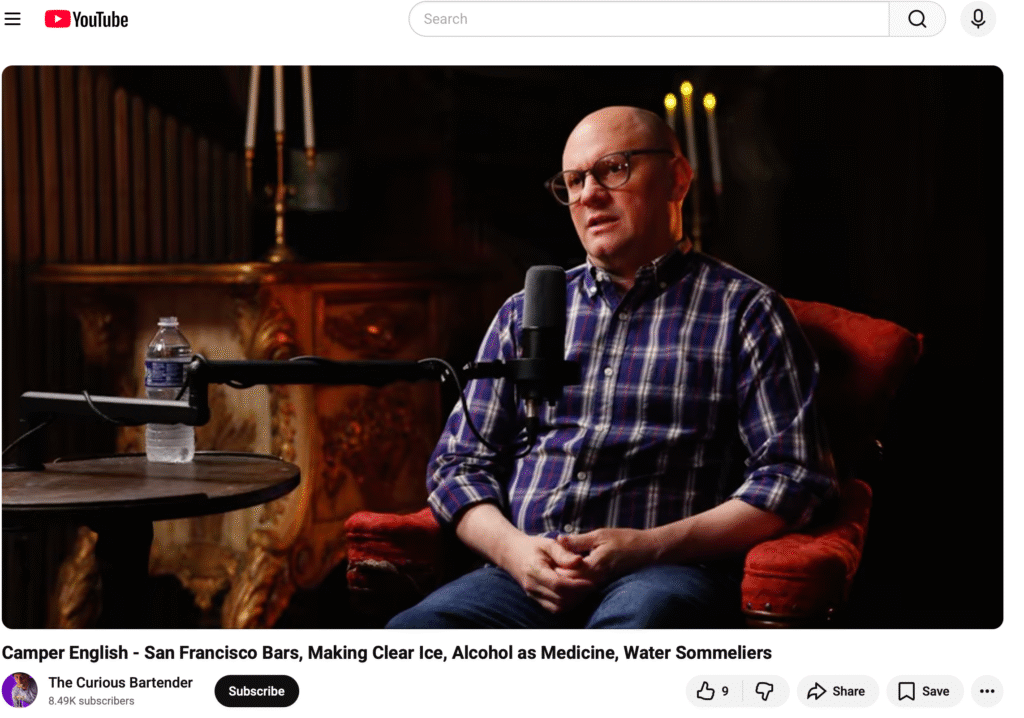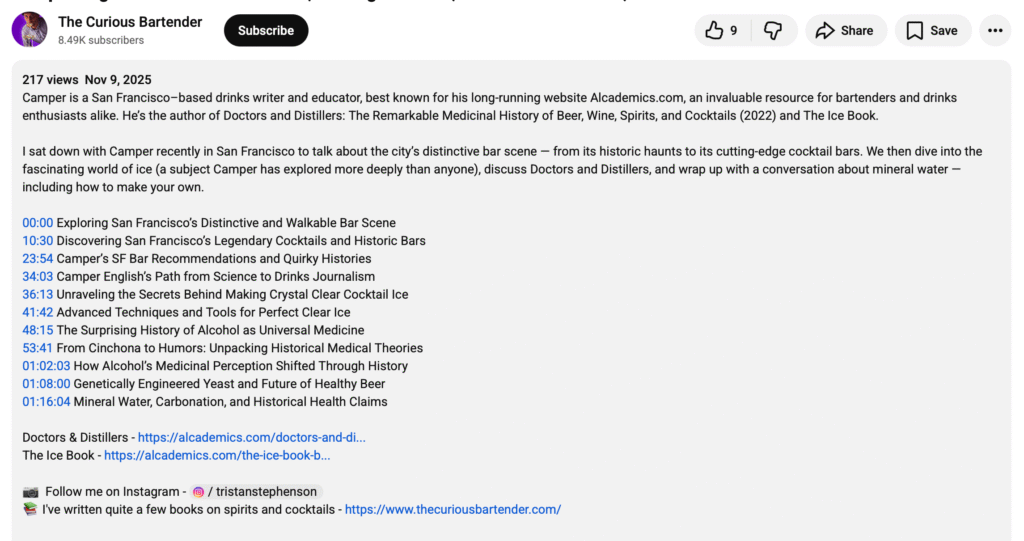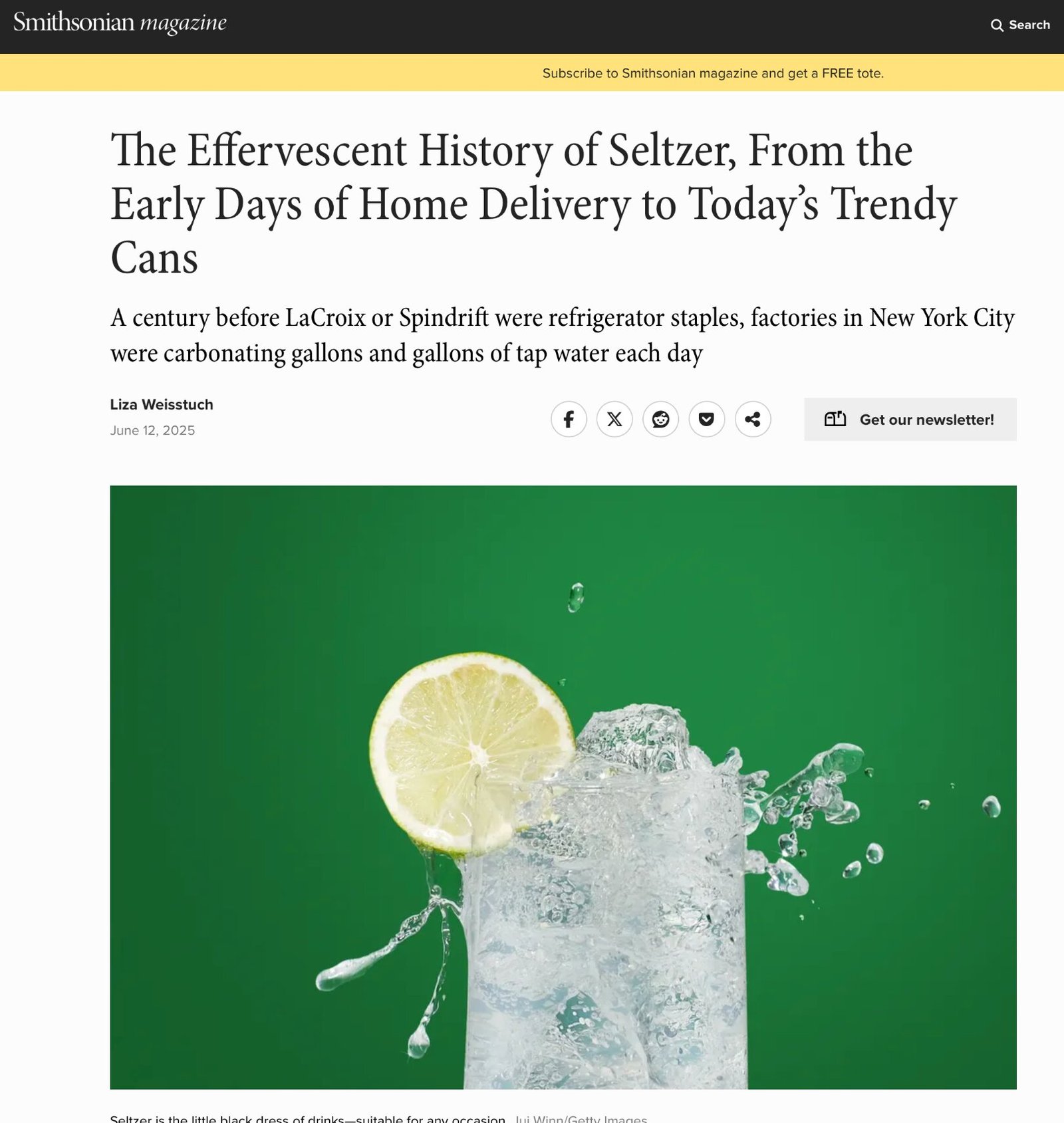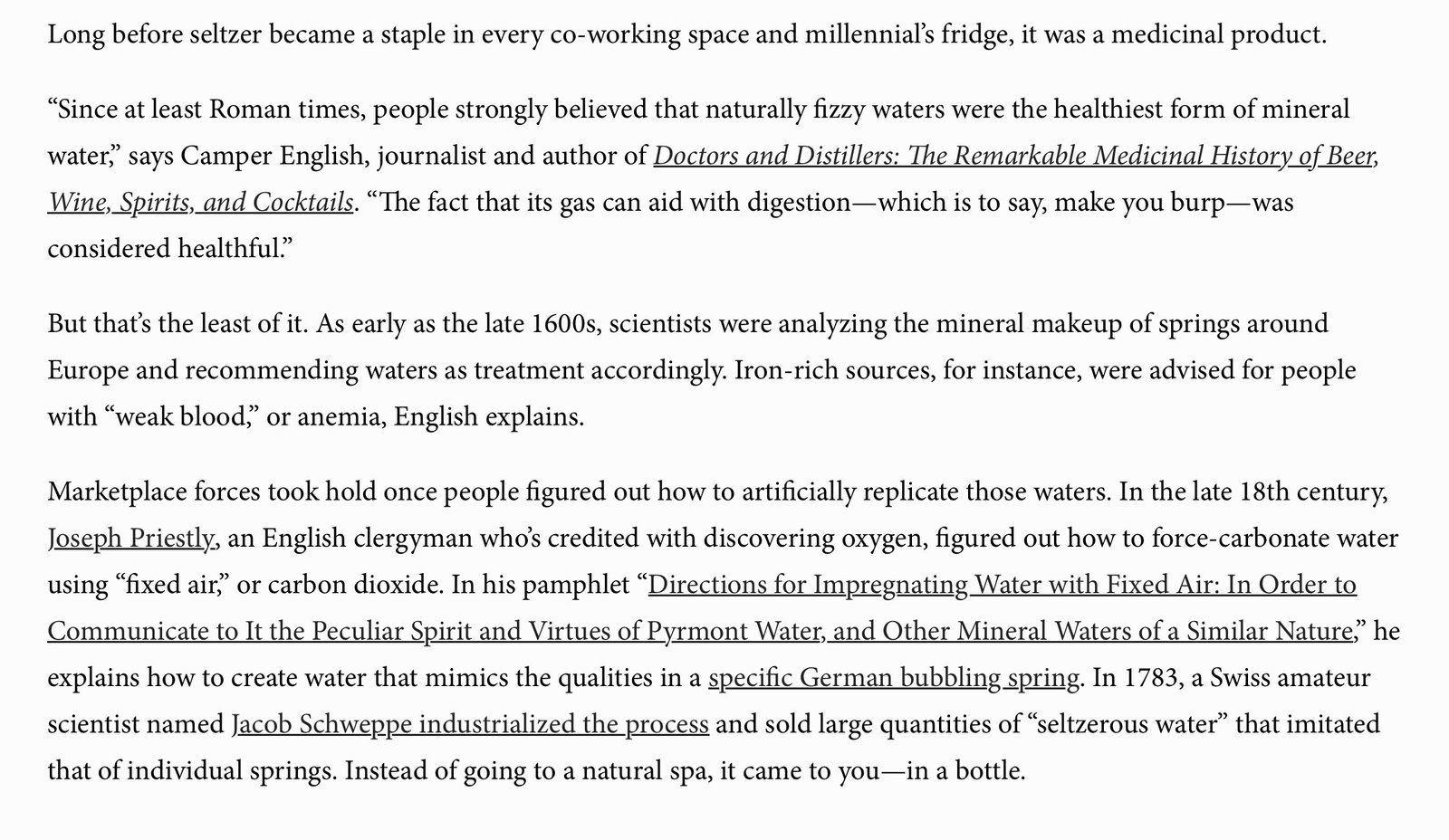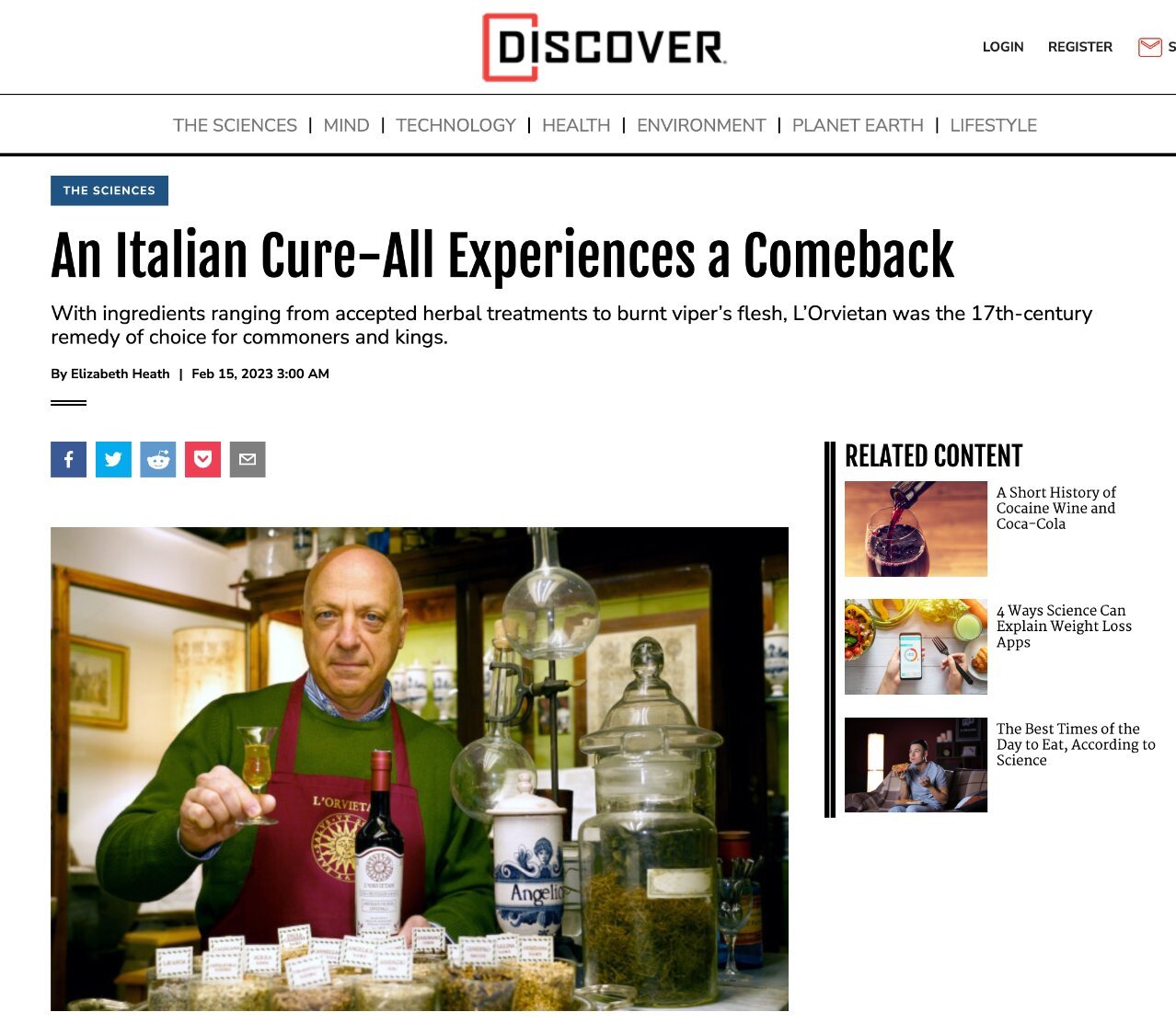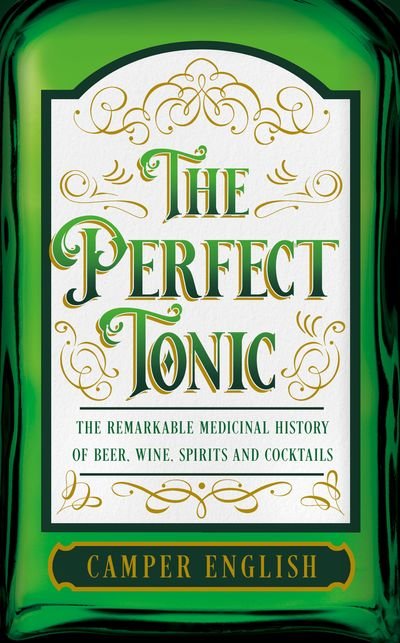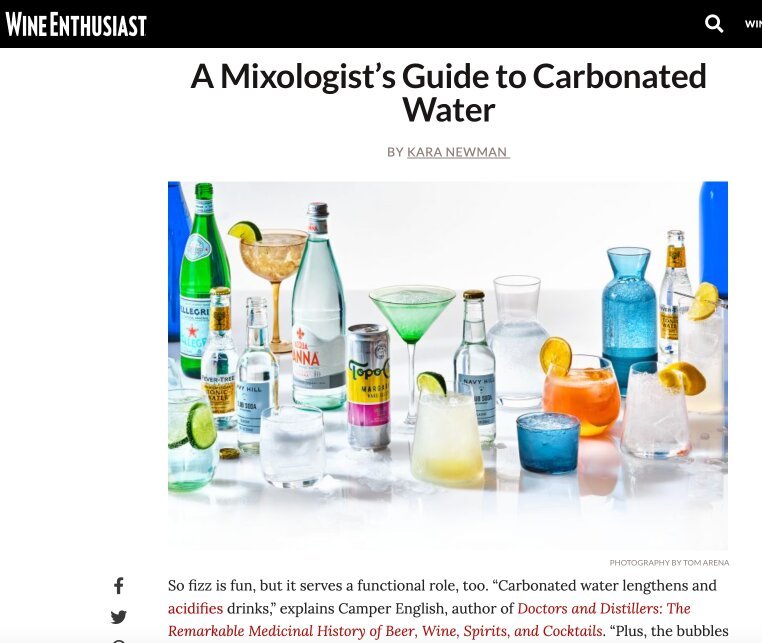After reading my book Doctors and Distillers, Harold McGee (On Food and Cooking) pointed out to me that proof of distillation in ancient India (supposedly from the fifth century BCE) is not as well established as previously thought. Many histories on distillation cite work from 1979 that claims that elephant head stills were found along with other equipment that shows that there was alcoholic distillation in Northern India this early.
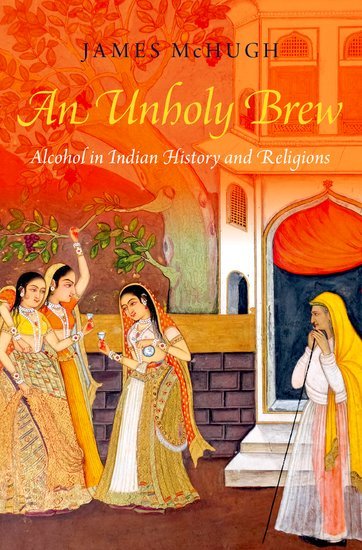 McGee recommended that I look at the book An Unholy Brew: Alcohol in Indian History and Religions by James McHugh. I added it as a suggestion that the SF Public Library should pick up, and thankfully they did. When it arrived recently, I took it out.
McGee recommended that I look at the book An Unholy Brew: Alcohol in Indian History and Religions by James McHugh. I added it as a suggestion that the SF Public Library should pick up, and thankfully they did. When it arrived recently, I took it out.
The book is dense and academic, and I decided that I wouldn't have time to read all of it. So instead I just searched for the sections on distillation. There were only a couple.
McHugh writes, "… the evidence for early stills in South Asia is more questionable than is often assumed…. John Marshall's 'still' excavated at Taxila was not found as a connected assemblage; Marshall assembled it himself from quite disparate finds, no doubt on the model of contemporaneous stills, in order to explain the function of just one of the vessels. Allchin [the 1979 reference that's referred to in places such as the Oxford Companion to Spirits and Cocktails] built on Marshall's hypothesis regarding the function of these vessels, and his textual evidence is not convincing. Allchin likewise did not find a still assemblage but rather a large number of one type of vessel, with very few other parts."
"The earliest explicit description of alcoholic distillation that I am aware of is from a medical text… dating from around 1200 CE…. It is absolutely clear that distillation is described here and that the liquid distilled is a fermented, sugar-based drink…. An important point to note here is that, when Sanskrit texts mention alcoholic distillation, they are quite clear about it, using specific vocabulary."
Note that at the end of the 1100s is when we first find real evidence of alcoholic distillation in southern Italy as well. McHugh notes that the distilled spirit is distilled medicine, not beverage alcohol. This is in line with distillation in Europe at this time.
Later text references to alcoholic distillation pop up at the end of the 1200s in Indian texts, and now refer to recreational drinking. Note: nonalcoholic distillation in the West dates to probably 300CE; Arabs were distilling rosewater after I believe the year 700, but as I wrote in Doctors and Distillers, it doesn't seem that even if/when they distilled wine, they concentrated the alcohol with heads/tails cuts, so it was closer to filtration.
In a later chapter, McHugh mentions a book "The Elucidation of Distillates (Arkaprakasa), dating from the seventeenth century CE or later, is a treatise on distilled medicines." That might be a fun book for me to find if it has been translated into English sometime.
Anyway, I thought this was interesting.
